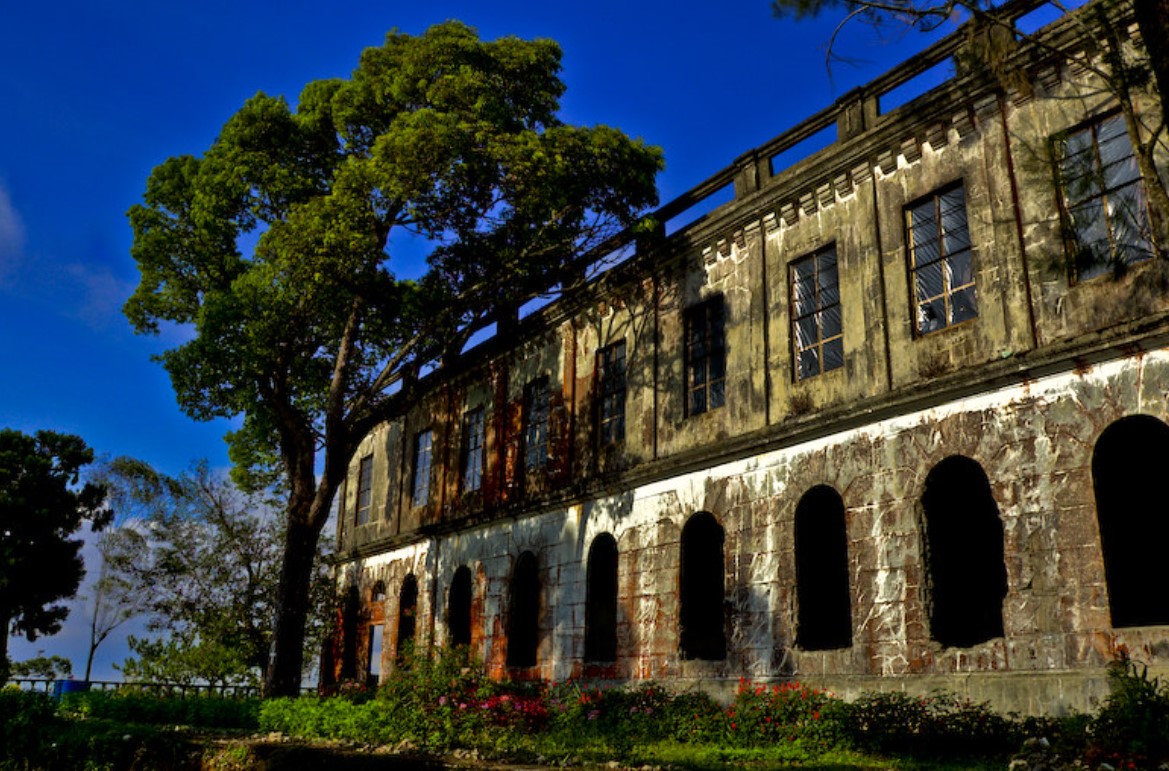The concept of dark tourism, where travelers visit sites associated with death and tragedy, is projected to grow into a $41 billion industry by 2034. This niche market, often overlooked, is gaining traction as it offers a profound way to connect with history and humanity’s darker chapters.
Exploring the Dark Side of History
Dark tourism has become an increasingly popular way for travelers to engage with the past in a more meaningful way. Sites like battlefields, disaster zones, and places of historical atrocities provide a somber yet significant experience. Visitors often seek to understand the events that took place and pay their respects to those affected.
The growth of this sector is driven by a combination of curiosity and a desire to acknowledge the complexities of human history. As such, destinations are developing ways to facilitate these experiences respectfully and informatively, ensuring that the stories of these sites are told with dignity and accuracy.

The Ethical Debate
With the rise of dark tourism, ethical questions have surfaced regarding the commodification of tragedy. The balance between education and exploitation is delicate, and the industry faces scrutiny over how these sites are presented to the public.
Tour operators and site managers are tasked with the responsibility of preserving the integrity of these locations while providing an educational perspective. The goal is to foster a deeper understanding and reflection on the events that have shaped our world, without sensationalizing the suffering that occurred.
A Future Cast in Shadows
As dark tourism continues to grow, its impact on local economies and global historical education is significant. The industry’s expansion brings both opportunities and challenges, as it must navigate the complexities of presenting the past in a way that is both engaging and respectful.
The forecasted growth to $41 billion indicates a strong future for dark tourism, but it also highlights the need for ongoing dialogue about how we remember and learn from the darker aspects of our history.







